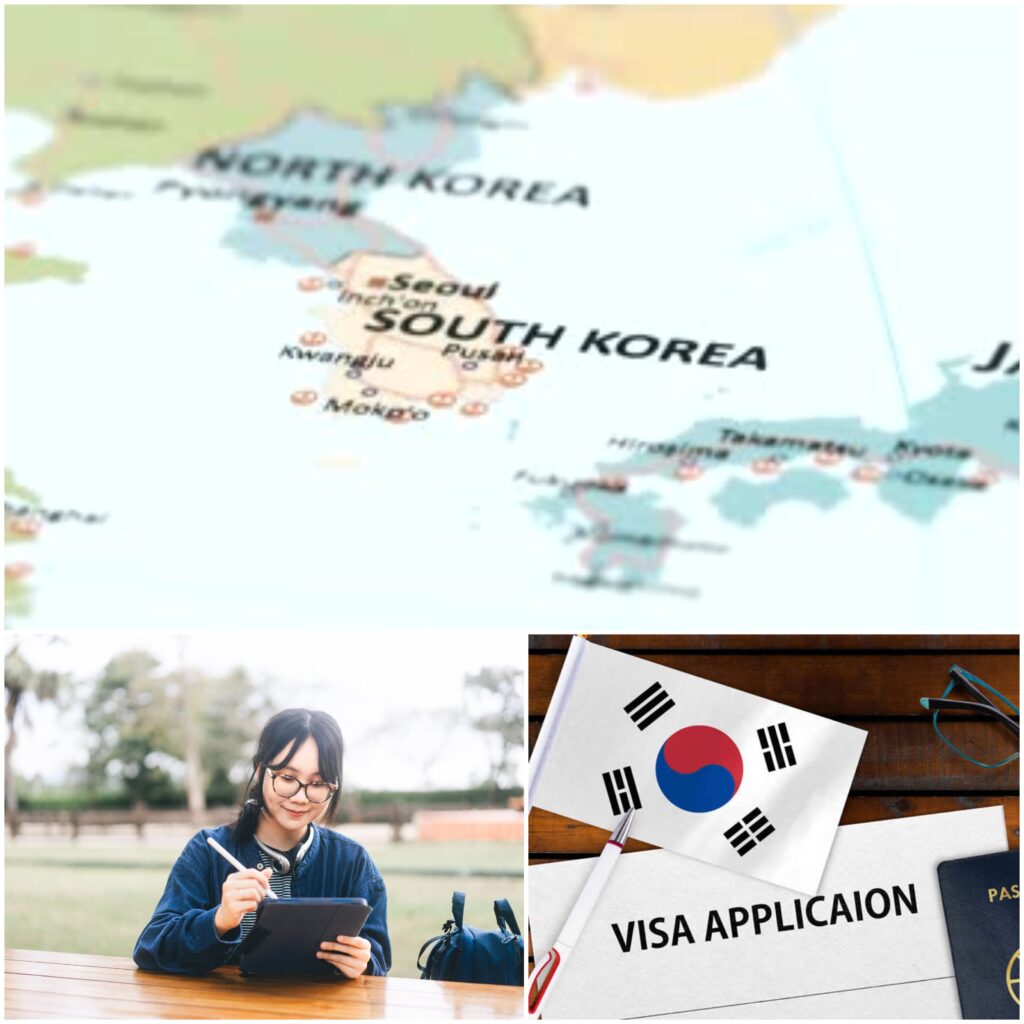The rise of remote work has led to an increasing number of digital nomads seeking opportunities abroad, particularly with the Korea digital nomad tax attracting attention from many.
South Korea has become an attractive destination for these workers, due to its vibrant culture and advanced technology.
Yet, if you are considering a digital nomad visa for Korea, understanding the Korea digital nomad visa tax implications is necessary for making the most of your experience.

Korea Digital Nomad Visa Tax
- Korea Digital Nomad Visa
The Korea Digital Nomad Visa allows foreign nationals to live and work remotely in South Korea.
This visa provides a unique opportunity to immerse yourself in Korean culture while maintaining your professional commitments.
F-1-D Workation Visa (Digital Nomad) – CLICK HERE
Eligibility Criteria for the Visa
- To apply for the Korea Digital Nomad Visa, applicants must meet specific eligibility requirements.
- You will need to provide proof of employment or contracts with foreign companies, as well as show that you have sufficient income to support yourself during your stay.
- It is also necessary to follow health regulations, like having health insurance that covers your time in Korea.
Tax Residency Rules in Korea
One of the key factors to consider when applying for the Korea Digital Nomad Visa is whether you will be considered a Korea digital nomad visa tax resident.
According to Korean law, you become a tax resident if you stay in the country for more than 183 days in a calendar year.
Tax residents are required to pay taxes on their worldwide income, while non-residents are only taxed on income earned in Korea.
Understanding your residency status is vital for determining your tax obligations.
Read: Can you start a business in South Korea as a foreigner?
Tax Implications for Digital Nomads
- As a digital nomad in Korea, you may be subject to various taxes, including income tax, local taxes, and social security contributions.
- The Korea digital nomad visa tax rates in Korea are progressive, meaning that the more you earn, the higher the percentage you pay in taxes.
- If you are classified as a non-resident, the income tax rate is generally a flat 20%.
- Additionally, local taxes may apply based on where you live and work in Korea. It is important to familiarize yourself with these tax obligations to avoid any surprises.
Double Taxation Agreements
- To help the risk of being taxed on the same income in both your home country and Korea, it is essential to understand double taxation agreements.
- Korea has entered into such agreements with several countries, allowing you to benefit from tax relief.
- You may not have to pay taxes in both places, provided you meet certain criteria.
- Researching these agreements can help you to explore your Korea digital nomad visa tax responsibilities more effectively.
Filing Taxes as a Digital Nomad
In Korea digital nomad visa tax, tax returns are typically due by the end of May each year.
It is important to keep accurate records of your income and expenses, as you will need this information when filing your taxes.
The Korean tax authority provides resources and guidelines to help foreign citizens understand the filing process, but it can still be helpful to get assistance if you are unsure.

Seeking Professional Tax Advice
- Given the difficulties of international taxation, searching professional advice from tax experts can be invaluable.
- A qualified tax advisor can help you understand your obligations, identify potential deductions, and ensure that you comply with Korean tax laws.
- This guidance can save you time, money, and stress while you focus on your work and enjoy your time in Korea.
Bottom Line
Understanding the Korea digital nomad visa tax implications is must for a smooth transition to living and working in South Korea.
Read: Do I need IELTS to study in South Korea?